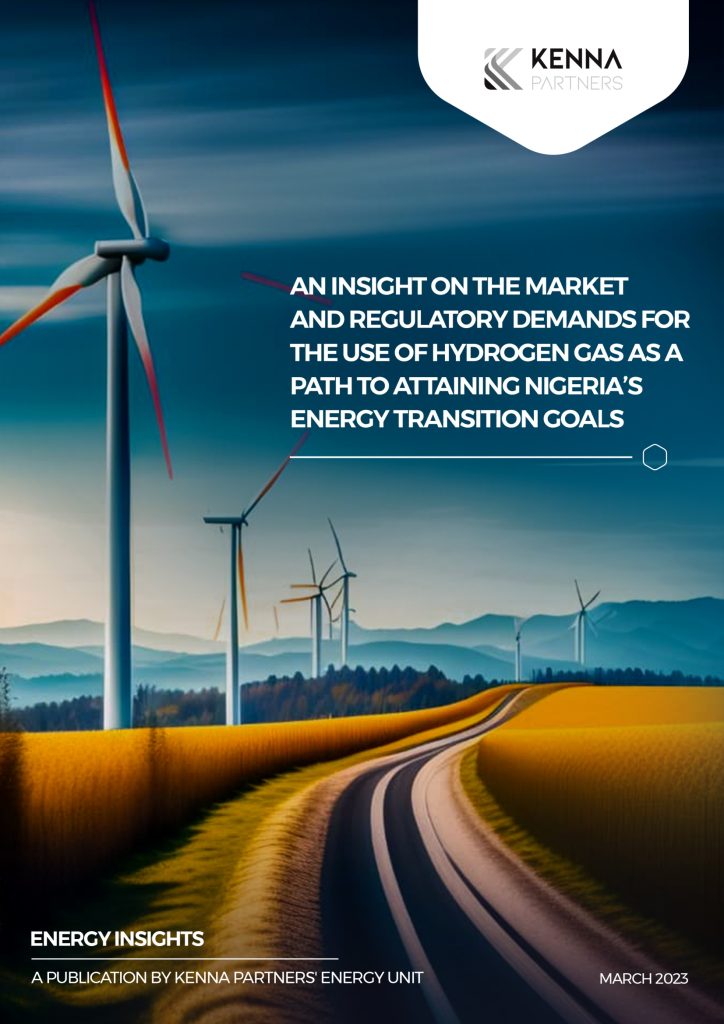
The quest to rid the earth of greenhouse gas emissions and achieve the objectives set out in Article 2 of the Paris Agreement has led to an increase in scientific and technical research on the possible way of ensuring the use of cleaner energies. This research has produced varying outcomes which culminated in recommendations on using carbon capture and storage (CCS) technologies and using renewable energy sources such as wind and solar, to name but a few. However, recent research has identified hydrogen gases as a viable alternative to reducing GHG emissions.
Hydrogen gases (H2) are gases formed from captured and stored hydrogen atoms. As a chemical element under standard temperature and pressure, hydrogen is a colourless, odourless, and non-metallic gaseous substance that is abundant in the universe. Hydrogen only occurs in compound form with other liquids, gases, or liquids on earth and can be produced from a range of resources, including fossil fuels, nuclear energy, biomass, and renewable energysources.
Following varying research, it has been discovered that hydrogen has the potential of being used as fuel. Compared to fossil fuels, whose end product results in carbon dioxide (a major factor that increases GHG emissions) when burnt as a fuel, hydrogen produces water (an environmentally friendly resource). Accordingly, there has been a steady shift from fossil and increased focus on the use of hydrogen as an energy alternative. This Insight examines market and regulatory considerations arising from the use of hydrogen gas in attaining Nigeria’s energy transition goals while also briefly highlighting the investment and financing opportunities for the Nigerian energy market. This article is relevant to global and African companies seeking to invest in the Nigerian energy market.
